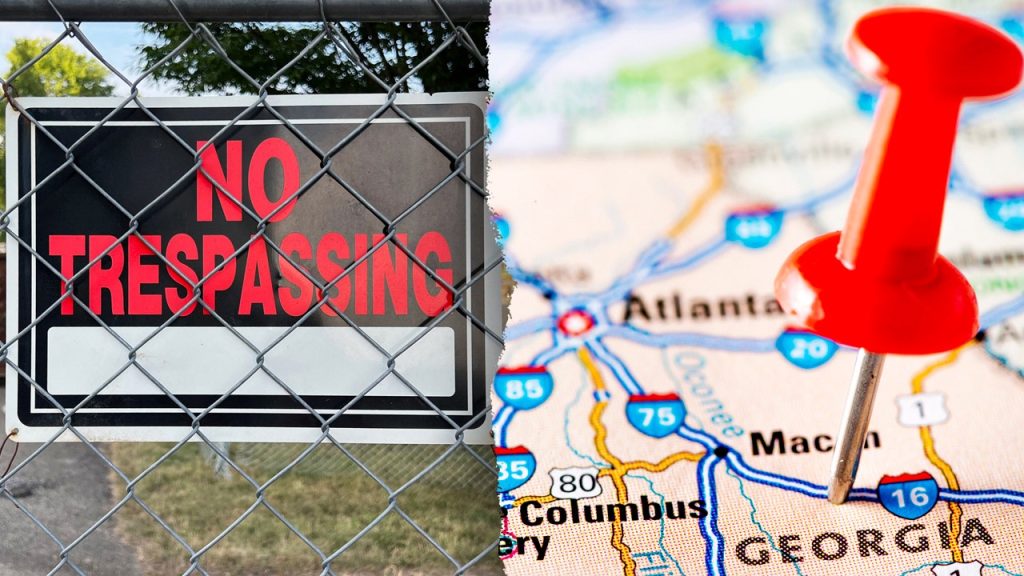The state of Georgia has taken steps to strengthen penalties for squatters and speed up the eviction process for homeowners dealing with squatters. The Georgia Squatter Reform Act, signed by Gov. Brian Kemp in April 2024, criminalizes squatting and allows property owners to go after squatters for damages. Gov. Kemp highlighted the need for legislation to address bad actors who exploit the process and emphasized the impact of squatters on homeowners. The law is aimed at preventing individuals from taking over someone else’s property and streamlining the eviction process for property owners.
Mental and physical ailments can develop among homeowners overtaken by squatters, according to experts. Gov. Kemp expressed outrage at the idea of people unlawfully occupying someone’s home and emphasized the need for laws to protect property owners. The Georgia law was signed shortly after a similar law was enacted in Florida by Gov. Ron DeSantis. Rep. Devan Seabaugh discussed the features of the Squatter Reform Act, including expedited trials in magistrate courts to swiftly resolve squatter cases. The law aims to provide a legal framework to address the growing trend of squatter cases in Georgia.
Self-help eviction methods to remove squatters could lead to legal trouble for homeowners, as the law requires presentation of a lease and court determination of its validity. The Pacific Legal Foundation reported an increase in squatter cases brought to court in Georgia since 2019, leading to the need for legislative action to address the issue. Kyle Sweetland, research manager for the foundation, utilized Georgia’s centralized record system to gather data on squatter cases across the state, providing insights into the prevalence of squatter-related disputes. The legislation aims to streamline the legal process for property owners dealing with squatter situations.
Each state has its own sets of laws regarding squatting situations and adverse possession, with specific requirements that must be met for adverse possession to be claimed. Adverse possession occurs when an individual takes possession of property owned by another person under certain conditions. In Georgia, adverse possession laws require occupancy of a property for 20 years, or seven years if color of title is established, before potentially claiming ownership. The laws, outlined in code section 44-5-161, stipulate conditions such as continuous, exclusive, and peaceable possession accompanied by a claim of right. Adverse possession has been linked to “squatters’ rights” and varies across states based on specific legal requirements.













